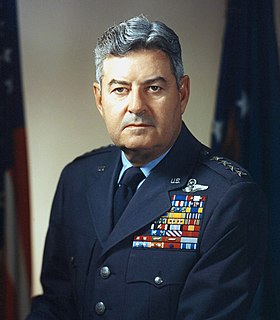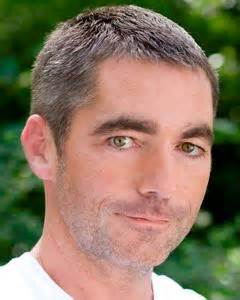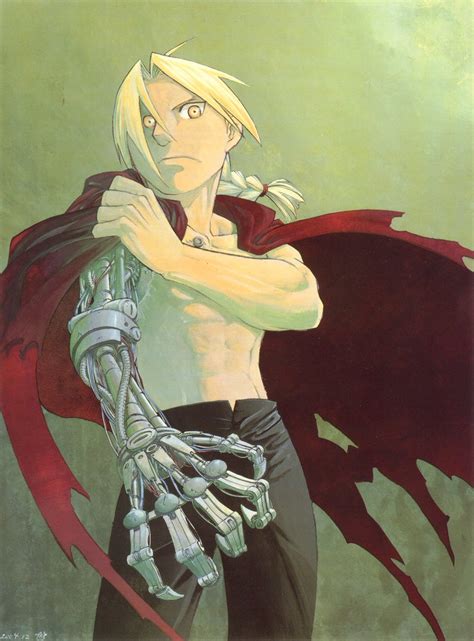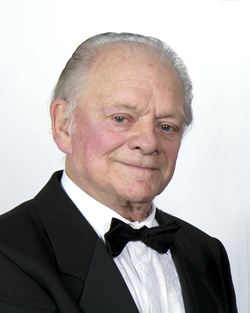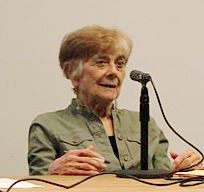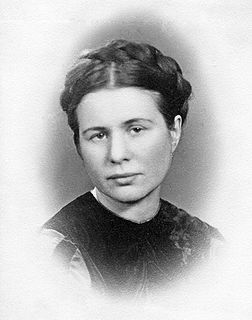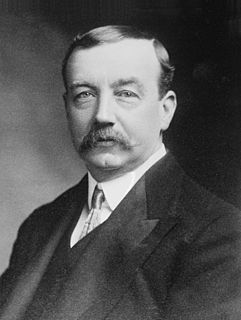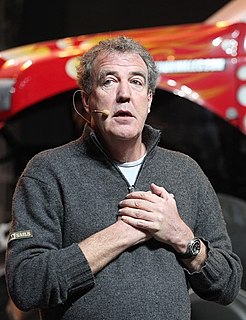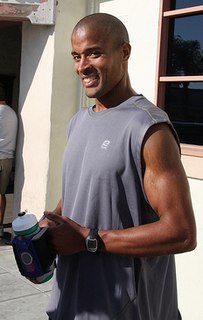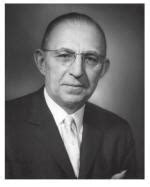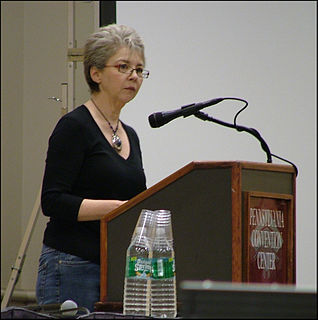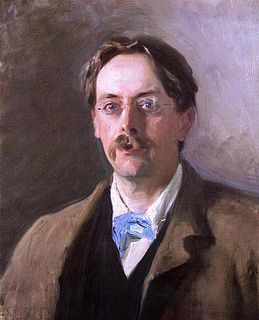Top 1200 World War Two Quotes & Sayings - Page 15
Explore popular World War Two quotes.
Last updated on December 19, 2024.
It is often said that Americans have no sense of history. Ask a college student who Jimmy Carter was and they will likely reply that he was a general in the Civil War, which occurred in 1492, when Americans dumped tea into the Gulf of Tonkin, sparking the First World War, which ended with the invasion of Grenada and the development of the cotton press.
In researching this volume, I interviewed veterans who had been at the front during World War II. I read countless books, examined film footage, and listened to many detailed and intense stories firsthand, but the one comment that affected me the most came from a former soldier who lowered his gaze to the tabletop and said, ‘I never watch war movies.
To go back to a moment of Western civilization remote enough in time so that we should be able to look at it dispassionately, ask what happened during World War I. What was the typical behavior of respected intellectuals in Germany, England, the United States? What happened to those who publicly questioned the nobility of the war effort, on both sides? I do not think the answers are untypical.
In Europe and the United States the two decades following the Second World War will for long be remembered as a very good time, the time when capitalism really worked. Everywhere in the industrialized countries production increased. Unemployment was everywhere low. Prices were nearly stable. When production lagged and unemployment rose, governments intervened to take up the slack, as Keynes had urged.
The first casualty in any war is the truth. In World War II, I was part of a group of people who used to meet once a week with the sole purpose of analyzing the news and trying to work out what we weren't being told. We thought that we were clever, but we had absolutely no idea what was really going on. It was only years later that we learned the true story.
I think that we're at an alarming moment in American political development and maybe in world political development, because the United States is so influential. If the trends of the last thirty or forty years are not halted and reversed - and those trends include increasingly inequality, a crumbling public life, a disintegrating public infrastructure, an exhausted ecology, and a huge war arsenal, and more and more war making - then I'm rather gloomy about the prospects for the American future and the harm that the United States could do to the world.
World War II is smothered in sentimentality and nostalgia. What's interesting about Vietnam is that sentimentality is just not there, so you're given kind of a clean access to it in one way. It's also a war that represents a failure for the United States. Many people came back feeling like they never wanted to talk about it again. And so we developed a national amnesia.
People would always say horror movies always thrive during times of war; that's just what people would say. And I don't know if they thrived during World War II or Vietnam, but I thought that's kind of strange, why would that happen. I don't know if people rearrange their priorities; in good times, they freak out and start pointing the fingers at video games and TV, but when horrible things are happening in the world, a horror movie just seems a little ridiculous.
Today’s milestone is human madness. Politics is a part of it, particularly in its lethal outbursts. Politics is not, as it was for Hannah Arendt, the field where human freedom is unfurled. The modern world, the world of world war, the Third World, the underground world of death that acts upon us, do not have the civilized splendor of the Greek city state. The modern political domain is massively, in totalitarian fashion, social, leveling, exhausting. Hence madness is a space of antisocial, apolitical, and paradoxically free individuation
When World War II came along, which was when I was a teenager, we all expected we would have anthrax bombs and this kind of stuff. We thought it would be a biological war. Fortunately it wasn't and, but it's because the danger is still there and by some miracle we escaped all that, so you never can tell what it going to happen, but biology certainly could be even worse than physics and chemistry.
Following World War II, the U.S. was the architect of the UN system, and the world financial system, and the Human Rights Declaration, and of course the United Nations is based here in New York City. But, unfortunately, especially in the last decade, the U.S. really has been turning its back on international agreements and the set of agencies and procedures that they create as a means for governing the world.
I think the terminology I would use is 'a continuous process of reflection'. I've always thought of only two questions that have mattered to me personally. One is what is really needed in the world and the second is what's really important to me and how these two intersect. It's always been a reflective process - spiraling around these two poles.
The fact is that Britain is the most warlike nation on earth. In the history of armed combat, we are the only democracy to have declared war on another democracy - England versus Finland in the second world war, in case you're interested - and we're always at the front of the queue when Johnny Foreigner gets a bit uppity. Who stood up to the Kaiser? Who stood up to Adolf? And let's not forget the Argies. What other country would have sent its fleet halfway round the world and lost 250 men to protect a flock of sheep and some oil that might or might not be there? We're still at it.
There are millions of peaceful Muslims across the world, in countries like India, where there is not the problems we are seeing in nations that are controlled - have territory controlled by Al Qaida or ISIS, and we should direct at the problem, focus on the problem, and defeat radical Islamic terrorism. It's not a war on a faith; it's a war on a political and theocratic ideology that seeks to murder us.
The same person who would never raise his hand in a lecture hall of two hundred people might blog to two thousand, or two million, without thinking twice. The same person who finds it difficult to introduce himself to strangers might establish a presence online and then extend these relationships into the real world.
When John Kennedy was assassinated I was twenty-three, a stockbroker on Wall Street and married, and I never ever thought that politics would be anything that I would be a part of. But I realized that I had to get involved. Then, when Martin Luther King was assassinated and the Vietnam War was raging, I felt that my world was falling apart. I had these two beautiful children - three and one - and I just said, "I have to make it better."
So if we announce we're going to have a no-fly zone, and others have said this. Hillary Clinton is also for it. It is a recipe for disaster. It's a recipe for World War III. We need to confront Russia from a position of strength, but we don't need to confront Russia from a point of recklessness that would lead to war.
We have thought of peace as passive and war as the active way of living. The opposite is true. War is not the most strenuous life. It is a kind of rest cure compared to the task of reconciling our differences ... From War to Peace is not from the strenuous to the easy existence; it is from the futile to the effective, from the stagnant to the active, from the destructive to the creative way of life ... The world will be regenerated by the people who rise above these passive ways and heroically seek, by whatever hardship, by whatever toil, the methods by which people can agree.
It is one of the ironies of this strange century that the most lasting results of the October revolution, whose object was the global overthrow of capitalism, was to save its antagonist, both in war and in peace - that is to say, by providing it with the incentive, fear, to reform itself after the Second World War, and, by establishing the popularity of economic planning, furnishing it with some of the procedures for its reform
Nowadays, hoy en día, with our world full of war and violence and lack of love, a world full of greed, a world of domination, grasping power, venal stupidity, real evil, don’t get me started, it’s good to know that a conversation about tacos will always engender a sense of comfort and happiness. If only we could sit down at a big round world table and eat tacos in a spirit of love we might begin to work on world peace!
A universal renunciation of violence requires the commitment of the whole of society. These are not matters of government but matters of State; not only matters for the authoirities, but for society in its entirety, including civilian, military, and religious bodies. The mobilization which is urgently needed to effect the transition within two or three years from a culture of war to a culture of peace demands co-operation from everyone. In order to change, the world needs everyone.
The immediate success of the war poem anthologies ... proved that the war had aroused in a new public an ear for contemporary verse ... There has never before, in the world's history, been an epoch which has tolerated and even welcomed such a flood of verse as has been poured forth over Great Britain during the last three years.
